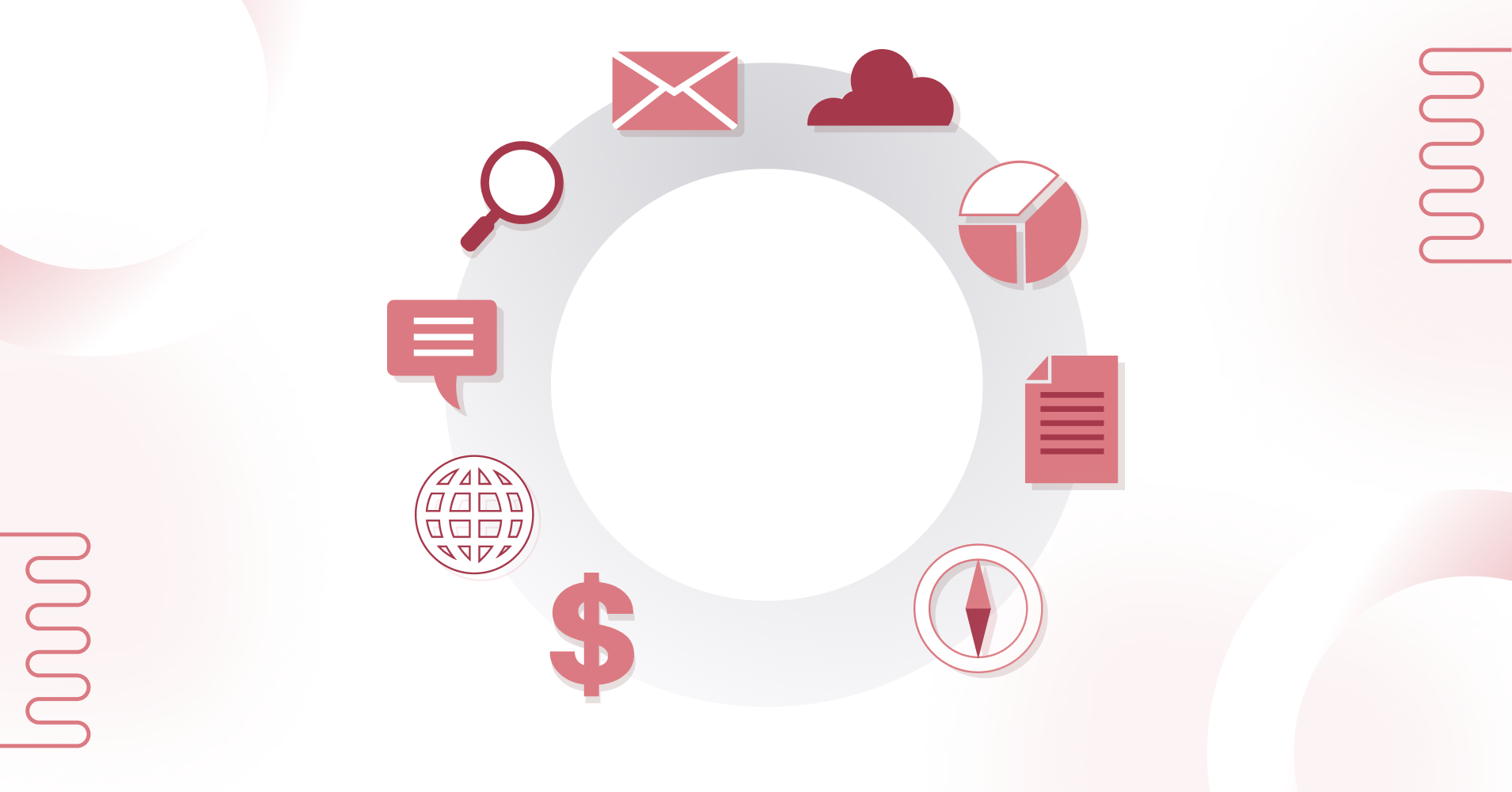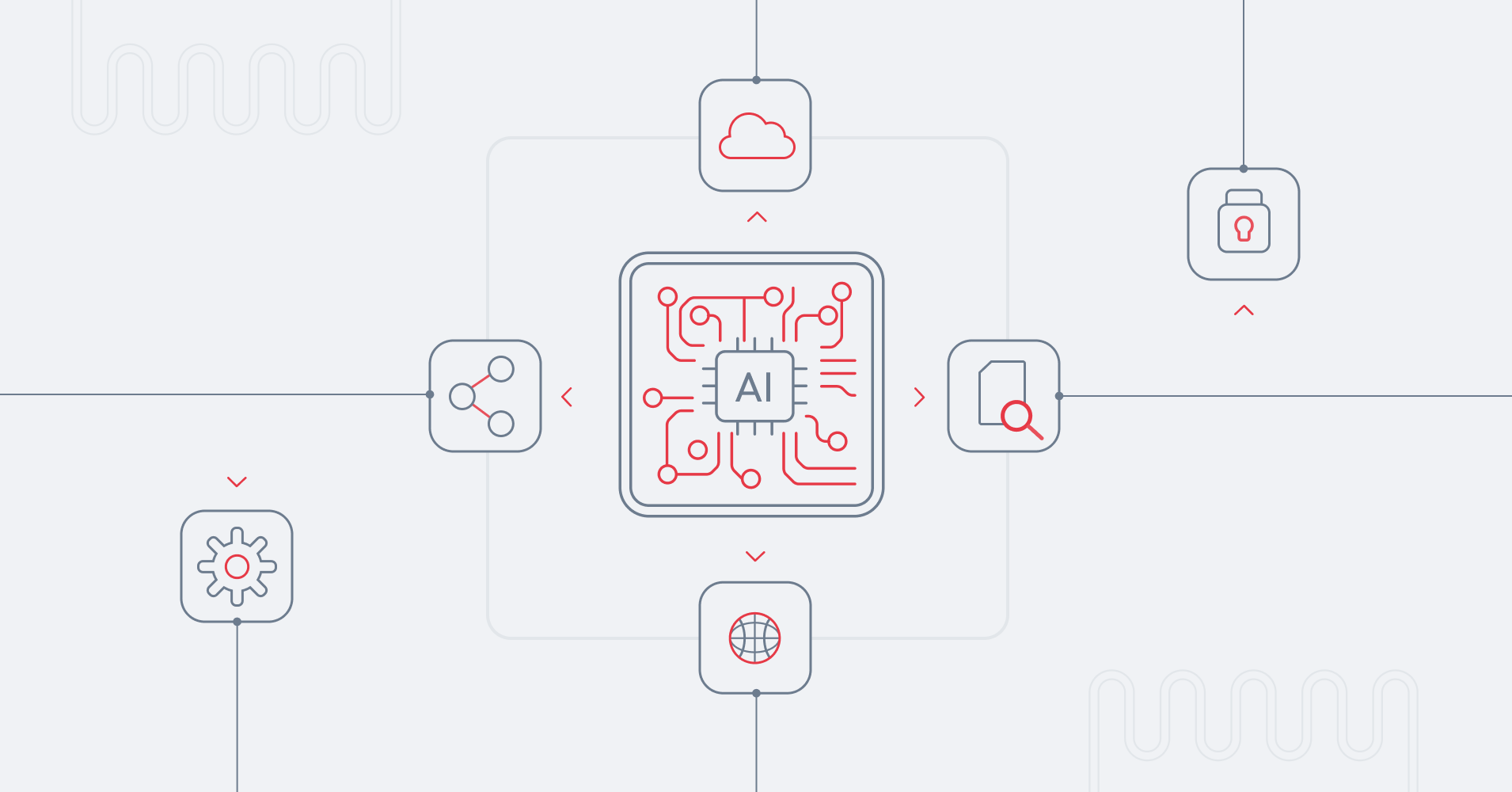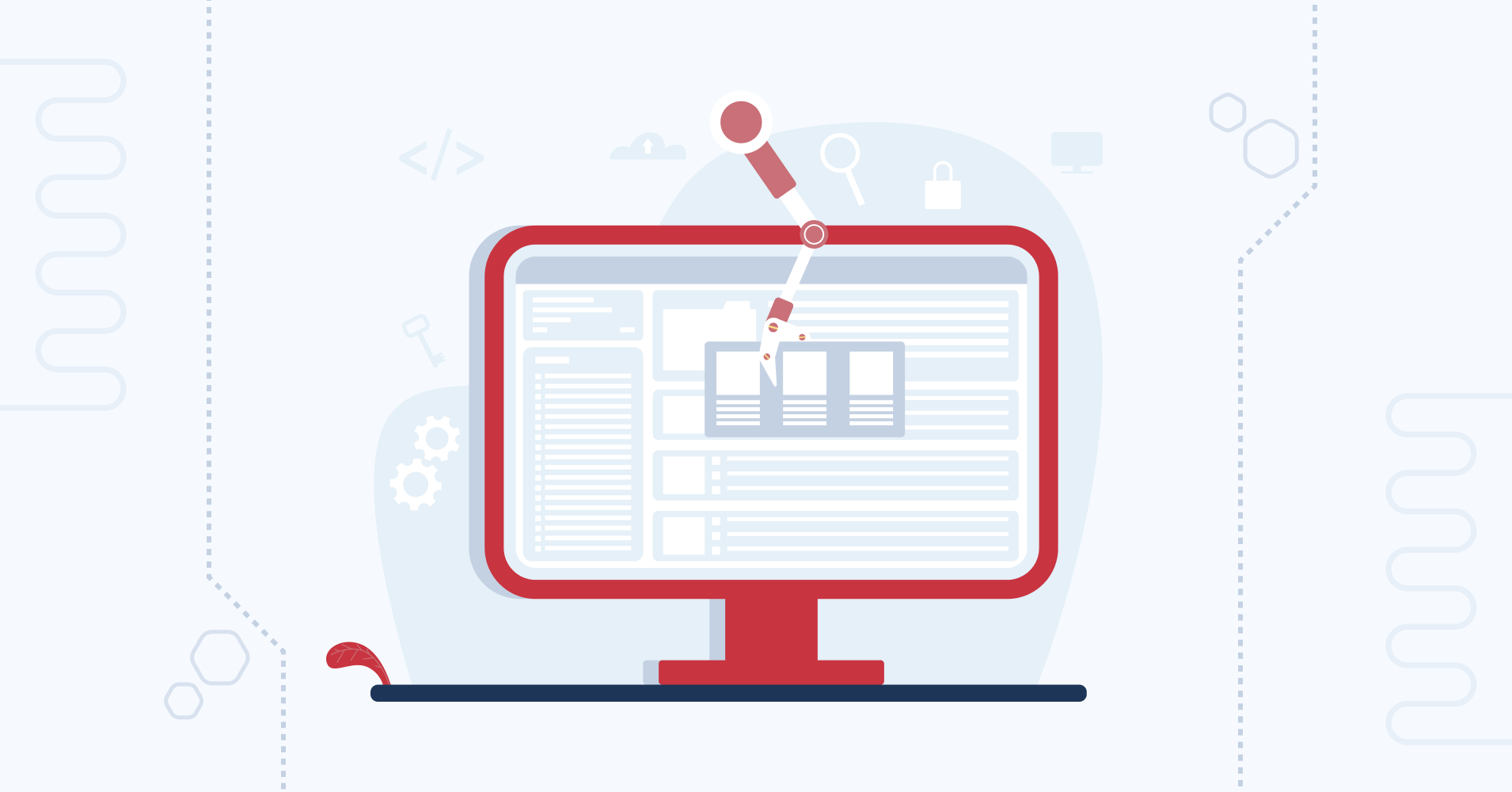ChatGPT has taken the world by storm. If you haven't heard of the AI language model developed by OpenAI, then it's safe to say you've been living under a rock. With its ability to generate human-like text and hold natural conversations with users, ChatGPT has been hailed as a breakthrough. You can ask it almost anything, and it will respond within seconds as if you were talking to a human whose brain has been connected to a Google search engine. Sound intriguing? If so, it's time to delve deeper into ChatGPT and discover its potential for revolutionizing various areas of technology. Let's explore some ideas for developing this innovative tool and its potential applications in various areas of our daily lives.
OpenAI first introduced ChatGPT in June 2020. It quickly gained attention from the tech industry and the general public due to its impressive language capabilities. In its early days, ChatGPT was able to hold compelling conversations on a variety of topics, leading many to believe that it was the next big breakthrough in AI technology. Since its debut, ChatGPT has received investment from several major companies, including Microsoft, which has contributed to its rapid development and expansion.
GPT-3: The latest available version of the language model
The largest and most powerful language model developed by OpenAI is GPT-3, with 175 billion parameters. The tool is capable of performing a wide range of natural language processing tasks, such as translating language, answering questions, and writing coherent paragraphs. Access to a chatbot based on this model is currently free and available at chat.openai.com.
Where does ChatGPT get its information from?
The strength of ChatGPT lies in its huge database. The OpenAI team has compiled a massive data set of more than 45 terabytes of text from a wide variety of publicly available texts and sites on the Internet. This includes everything from books and articles to sites like Wikipedia and Common Crawl. But that's not all - the developers of this revolutionary tool also used proprietary data sets designed for specific tasks, such as conversation data for dialog generation. It is this diverse and extensive database that allows ChatGPT to understand and generate human-like text with such accuracy and fluency.
How does the AI language model work?
ChatGPT's machine learning algorithms are of course a closely guarded secret, but we can briefly explain the mechanism of deep learning techniques on which the AI language model is based:
Pretraining – ChatGPT was first trained on a large data set of text from the Internet. During this phase, the model learns to recognize patterns in language by predicting missing words or completing sentences.
Fine-tuning – After pre-training, the ChatGPT model was fine-tuned to specific tasks or data sets, such as answering questions or generating text in a particular style. Fine-tuning involves updating the model's parameters to optimize its performance on the specific task or data set.
Input Processing – When a user enters text into ChatGPT, the model processes the input using a technique called tokenization, which breaks the text into smaller units called tokens. These tokens are then processed by the model one at a time, allowing it to understand the context and meaning of the input.
Output Generation – Once the input has been processed, ChatGPT generates an output in the form of text based on the learned knowledge, aiming to provide a coherent and relevant response.
Iteration – The user can provide feedback or additional input to refine ChatGPT's response, continuing the iterative process of input, processing, and output generation. This phase can be repeated until you are completely satisfied with the response.
How chatGPT can help the IT industry and software houses
ChatGPT can revolutionize almost any industry you can think of. Software development is one of them. We are already coming up with a lot of ideas on how you can use AI language model and Natural Language Processing when developing digital products.
Code generation – ChatGPT can easily generate code snippets and templates. It can learn to generate code based on the natural language input provided by the developer or explain dependencies or the legitimacy of using certain technologies. This can help developers save time and increase productivity by automating repetitive tasks.
Natural Language Processing (NLP) – It can be used to develop NLP applications such as chatbots and language translation software. With its ability to generate human-like responses, ChatGPT can be used to train virtual assistants to engage in natural language conversations with users.
Debugging – ChatGPT can be used to help developers debug code. Using natural language descriptions of problems, ChatGPT can suggest possible solutions to problems, helping developers find and fix problems faster.
Documentation – training the model on existing software features can generate detailed documentation for projects, making it easier for users to understand and use the software.
Dynamic growth of ChatGPT
OpenAI regularly updates ChatGPT. In fact, there are new releases every month. The latest one (Feb 13) focuses mainly on features related to the ChatGPT Plus subscription. Yes, ChatGPT already has a paid version! It provides access to ChatGPT during peak hours (the free version may be unavailable during periods of heavy server traffic), faster response times, and priority access to new features and improvements. As of February 13th, the subscription is available worldwide. It costs $20. The exact plans for improving ChatGPT are not precisely specified, but it is worth pointing out the main areas of development.
ChatGPT: What to expect in the future
An intelligent chatbot will increasingly understand specialized language-scientific concepts, legalese, or financial terminology. Another potential area of development is to improve its ability to understand and generate content in multiple languages to better serve the needs of a global audience. In addition to specializing in different areas, ChatGPT should also become more "human", i.e. creative and imaginative. Over time, it is expected to become a better poet and storyteller, able to tap into specific styles of creative writing and generate text more freely. In parallel, the OpenAI team will certainly be working to improve overall performance, both in terms of speed and accuracy of results.
Will ChatGPT take my job?
The title for this article was chosen for you by ChatGPT. Surprisingly, it wasn’t easy. Or maybe it's just us being picky? Anyway, it really took us many tries to find a variant that met our expectations. Providing data, transforming questions, and asking for new results are necessary even with such a simple task to make the results satisfactory. Our new friend is not yet 100 percent independent when it comes to creativity. So is it too early to proclaim the terrifying AI revolution? Well, ChatGPT can pass an MBA test and write an essay for a student in seconds. There are certainly huge changes and many challenges ahead. However, we hope there is still some time to prepare for them.




